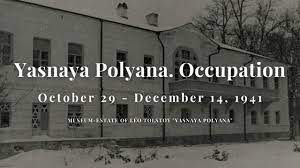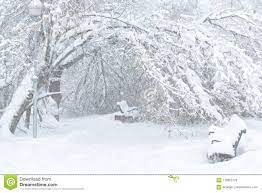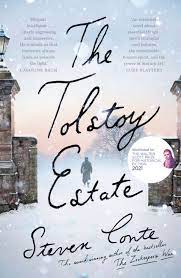The Tolstoy Estate (2020) by Steve Conte.
Good Reads meta-data is 416 pages, rate 3.91 by 715 litizens.
Genre: Historical Fiction.
Verdict: Deep and meaningful.

Having been to Tolstoy’s home in Moscow, this title caught my eye. A quick look corrected my mistaken assumption. It is not about the great writer, but rather a detailed examination of a Wehrmacht field surgery that occupies Yasnaya Polyana (Tolstoy’s country estate) for six weeks in the winter late in 1941 as it becomes apparent to those that have eyes to see that the Soviets will endure.
The focus is Dr Bauer who does his best to save the lives of the battered and broken men who appear on his cutting table. There are some ghastly descriptions of wounds that I flicked over. His commander is a good surgeon who is slowly cracking under the incessant pressures – the management of 200-man unit, the constant surgery, the shortage of everything, the savage winter, the demand to be a good Nazi, the environment of hostility from the scant remaining population, the tensions among the men in his command, the artillery fire that seems closer each day, the threat of partisan attacks, and that is just the beginning. Another enemy is added to his list when the ghost of Tolstoy visits him.
Meanwhile, Bauer tries to be a good German in this Circle of Hell by doing his job well, treating the locals with guarded respect, and re-reading Tolstoy. The mediator between the occupiers and the natives is the estate manager, a no-nonsense woman. Long ago as a failed literature student, Bauer learned to read some Russian because of Tolstoy; this smattering of Russian makes him the designated liaison between occupier and occupied. She and Bauer slowly, reluctantly realise that they have much in common behind the walls of steel each has erected.

Believe it or not, Ripley, in that bloody and doomed context this is an engaging love story, and it is superbly well rendered. Not a cheap shot in sight. Slow and measured, deep and meaningful. The result is a quiet tragedy that has, paradoxically, a happy ending, of sorts.
The descriptions of the winter are good but… I don’t think the author ever lived through one like it or the descriptions would be less external – about the snow, ice, and temperature – and more internal – what constant cold does to your body and your mind. Those who know needn’t be told and those that don’t know can’t be told. ‘Noses are red, fingers are blue’ is just the beginning.

After I started on the sample, I stopped, supposing it was going to be a shoot ‘em up, but Martin Nunn encouraged me to keep reading. I am glad that he did and that I did.
As a refresher on the current state of the idiocracy I glanced at a few of the GoodReads one-star reviews. The vapid are still with us and proud of it.

